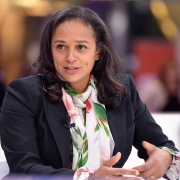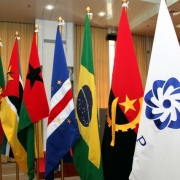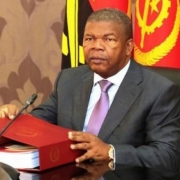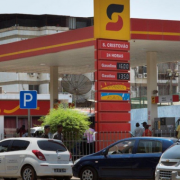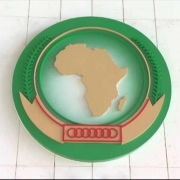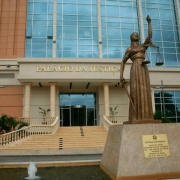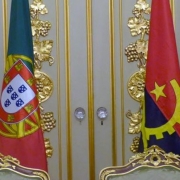Isabel dos Santos, economic crimes and a high authority against corruption

It is public that the Angolan authorities issued an international warrant for Isabel dos Santos.
The merits of the warrant is not discussed, because without knowing the concrete accusations it will be all speculation, but it is important to pay attention to the opportunity. And what catches the eye, in terms of opportunity, is the time that took place between the departure of Isabel dos Santos de Angola (August 2018) or the publication of the so-called Luanda Leaks (January 2020) that would compromise it in unshakable and the issuance of the warrant (November 2022). That is, between two and four years to issue a warrant.
Obviously, it is too much time without listening directly and personally Isabel dos Santos in criminal proceedings with the public and notorious scope of them.
This temporal gap makes it question what failed in the Angolan judiciary. The answer seems to be in the model followed in Angola in the so-called “fight against corruption”, or, generalizing, in the big economic crime.
Angolan authorities chose to refer cases of large economic crime to the common means, Attorney General’s Office, Ordinary Courts, etc. The problem is that questions of “state capture” or “privatization of sovereignty” such as those that happened in Angola would hardly be resolved by the common means that have their times and bureaucratized practices, often committed to the actors themselves from supposed Crimes.
The fight against economic crime at this level of “state capture” has required several countries in which it happens, the creation of special instruments to overcome the above structural obstacles.
One can start with the United States, where situations of great severity with political impact, such as investigations to Richard Nixon, Bill Clinton or Donald Trump have been based on the appointment of an independent counsel attorney. These independent prosecutors have their own powers and may exceed normal federal structures.
In South Africa, where the expression “capture of the state” emerged, the option was the creation of a powerful commission of Inquiry into Allegations of State Capture, better known as the Zondo Commission, the name of the judge who presided over to the commission. This commission has led to an exhaustive and independent investigation work that originated several reports that now serve as a basis for criminal accusations. It also existed in Ukraine, before the war, the creation of a system supported by several international entities.
The essential point of this very brief international court is that very serious corruption situations that undermine the viability or survival of the state impose combat solutions that leave the sphere of the normal judiciary, which will also be plagued by the same corruption problems and “State capture”. Therefore, the difficulties that the fight against economic crime finds in Angola are normal, and it is important to change the structure and methodology.
The change in the structure and methodology of combating corruption in Angola is based on the institution of a high authority against corruption with its own and independent judicial powers to investigate, accuse and bring to trial the large cases of corruption in a single judicial system. High authority against corruption could investigate, interrogate, seize, search and decree precautionary measures under the law and then have a chamber for trials or directly refer to a new chamber of economic crimes with the Supreme Court. Operating in the constitutional and legal framework, this authority would be a specific organism for repressing corruption. This high authority would have exclusive competence for all the main cases of corruption and would make the necessary international crosses.
Nations need specific, focused and flexible structures to combat the most evolved economic crime as is big corruption. In Angola, it urges such a structure. It is important to take this step in the area of economic crime.
